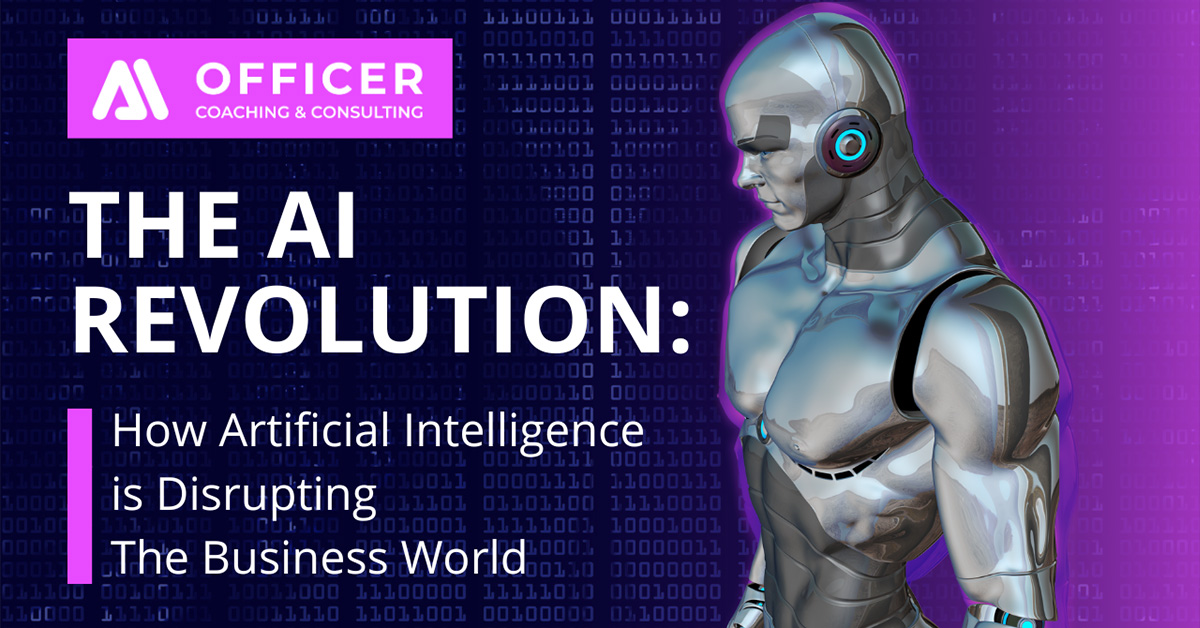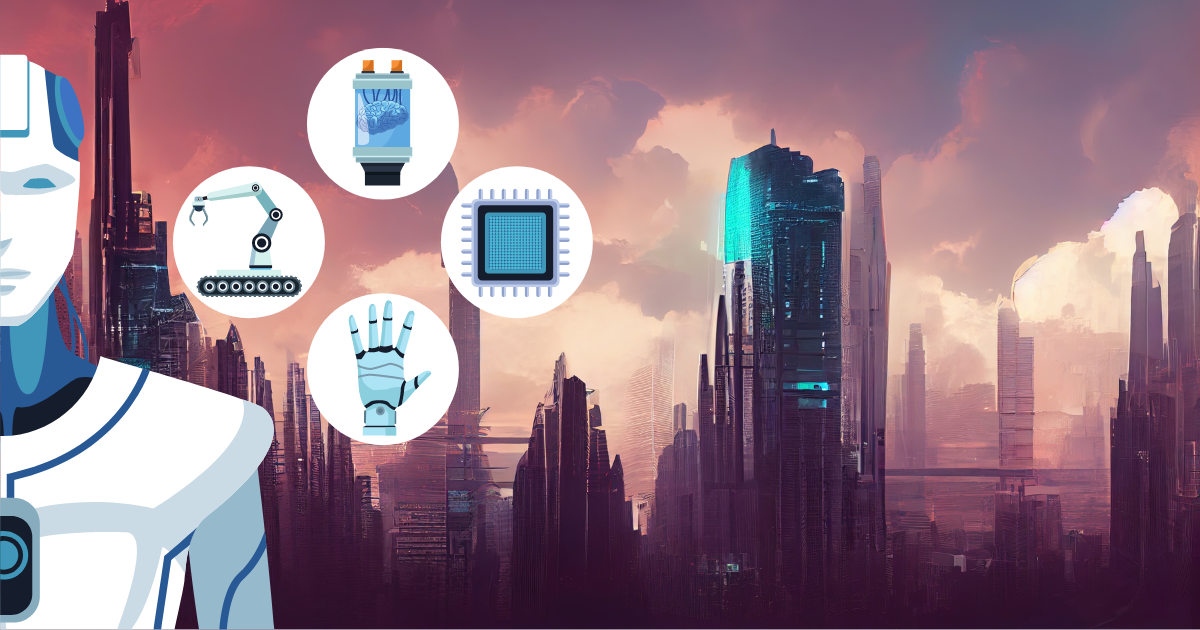
Artificial intelligence (AI) is no longer a sci-fi concept; it has arrived and is changing the way businesses operate. AI tools are enabling CXOs and business owners to make better decisions and achieve better results by automating mundane tasks and providing intelligent insights. In this blog post, we’ll look at how AI tools are changing the business world and how your company can take advantage of these advancements to stay ahead of the competition.

Using AI to Simplify Business Operations
The automation of repetitive, time-consuming tasks is one of the most significant impacts of AI on the business world. As a result, efficiency has increased, costs have decreased, and employees can now focus on more strategic, value-added work.
AI-powered automation can be seen in a variety of business operations, including:
Customer Service: AI-powered chatbots and virtual assistants are now handling routine customer queries, providing prompt and accurate responses while freeing up human agents to handle more complex issues.
Human Resources: Artificial intelligence (AI) tools are speeding up the recruitment process by sorting through resumes, conducting preliminary interviews, and identifying the best candidates for specific roles.
AI algorithms are optimising logistics by predicting demand, managing inventory, and identifying the most cost-effective shipping routes.
Use images of AI chatbots, virtual assistants, or robots performing tasks in various industries for this section.
Using AI-Powered Analytics to Improve Decision-Making
AI tools enable businesses to make more informed decisions by leveraging massive amounts of data. These tools use machine learning algorithms to analyse data in real time, identify patterns, and provide actionable insights.
The following are some of the key areas where AI-driven analytics are making a difference:
Market Research: Artificial intelligence (AI) tools can analyse consumer behaviour and preferences, assisting businesses in developing targeted marketing strategies and improving product offerings.
Financial analysis can use AI to identify potential investment opportunities, assess risk, and optimise financial portfolios.
Sales Forecasting: Artificial intelligence can analyse historical sales data and market trends to provide accurate sales predictions and assist businesses in preparing for future demand.
Consider including images of AI-powered graphs, charts, or dashboards that demonstrate data analysis and insights.
Personalization Improves Customer Experience
Providing a personalised customer experience is critical for success in an increasingly competitive business landscape. Businesses can now tailor their offerings and interactions based on individual customer preferences and behaviour thanks to AI tools.
AI-powered personalization examples include:
AI tools can analyse customer data to create targeted, relevant advertisements that resonate with specific audiences.
Product Recommendations: Artificial intelligence algorithms can analyse a customer’s browsing and purchasing history to recommend products that they are likely to be interested in.
AI tools can customise website and app layouts to individual user preferences, making it easier for customers to find what they’re looking for and increasing overall satisfaction.
Use images of personalised marketing campaigns or AI-driven product recommendation engines for this section.
Using AI to Promote Innovation
AI is not only streamlining existing business processes, but it is also enabling the development of new products, services, and business models, which is driving innovation. Businesses can explore new markets, solve complex problems, and stay ahead of the competition by leveraging the power of AI.
Among the innovative business applications of AI are:
Healthcare: AI-powered diagnostic tools can analyse medical images and patient data to help doctors diagnose patients.
Manufacturing: AI-powered robots can collaborate with human workers to increase production efficiency, reduce errors, and improve safety.
Agriculture: AI-powered drones and sensors can monitor crop health, optimise irrigation, and forecast yields, allowing farmers to increase productivity while decreasing waste.
Visuals: For this section, use images of AI applications from various industries, such as AI-powered diagnostic tools in healthcare or manufacturing robots powered by AI.
Getting Your Company Ready for the AI Revolution
Organisations must adapt to the changes brought about by AI in order to remain competitive in the rapidly changing business landscape. Here are some steps you can take to prepare your company for the AI revolution:
Invest in AI Education: Encourage employees to learn about AI technologies and their potential applications in your industry by investing in AI education.
Create an AI Strategy: Identify areas in your business where AI tools can provide the most significant benefits and develop a plan for implementing them.
Collaborate with AI Professionals: Partner with AI solution providers or hire AI specialists to assist you in developing and implementing AI-driven solutions that are tailored to your business’s needs.
Visuals: Use images of employees learning about AI or collaborating with AI experts for this section, as well as images representing the development of an AI strategy.
Conclusion:
The artificial intelligence revolution is transforming the business world, bringing unprecedented levels of efficiency, innovation, and personalization. You can stay ahead of the curve and position your business for long-term success by understanding the potential of AI tools and taking proactive steps to integrate them into your organisation.






